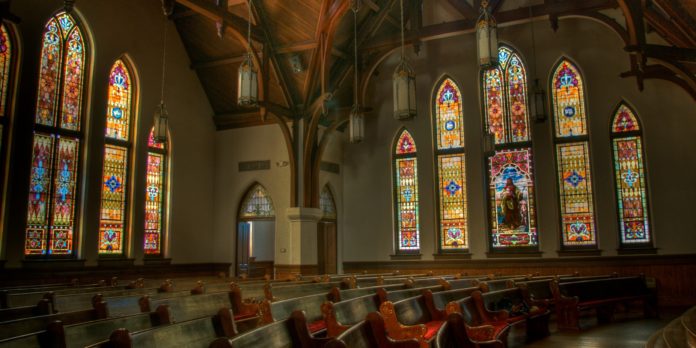ATLANTA/MACON – Mercer University’s Center for Theology and Public Life has been admitted to the Global Network for Public Theology (GNPT), pending a formal vote at the network’s September 2019 triennial consultation in Bamberg, Germany.
The GNPT is a prestigious academic research partnership that promotes theological contributions on public issues, especially those issues affecting the poor, the marginalized and the environment.
The partnership brings together centers and programs that pursue interdisciplinary research on theology and public issues in nearly 30 higher education institutions across Africa, Asia, Oceania, Latin America, North America and Europe.
“The Church is global, most policy problems are global, and the most important theological and ethical conversations about those critical problems are therefore also global. I am excited that the work of our Center is seen as making an important contribution to the global conversation about the world’s greatest challenges,” said Dr. David P. Gushee, Distinguished University Professor of Christian Ethics and director of the Center for Theology and Public Life. “We will be very glad to participate in the Global Network for Public Theology.”
Formally founded at Princeton University in 2007, the network aims to foster collaboration among its academic partners and to publicize their research work.
The GNPT seeks to serve the field of public theology by promoting bilateral and other collaborative research projects, by holding a triennial consultation, sponsoring the International Journal of Public Theology and encouraging other research initiatives and networks in theology and public issues.
The Center for Theology and Public Life at Mercer promotes public dialogue, research and constructive solutions related to important public issues to which theology and ethical reflection can make a significant contribution.
The Center plans, hosts and supports events that model civic, constructive and substantive conversation about major issues in public life, such as poverty and economic justice, human rights, crime and the death penalty, international peacemaking, biomedical ethics, family and sexuality, church-state relations, national identity, and immigration. Invited participants and lecturers include theologians, ethicists, social scientists, policymakers, religious leaders, activists and others.










